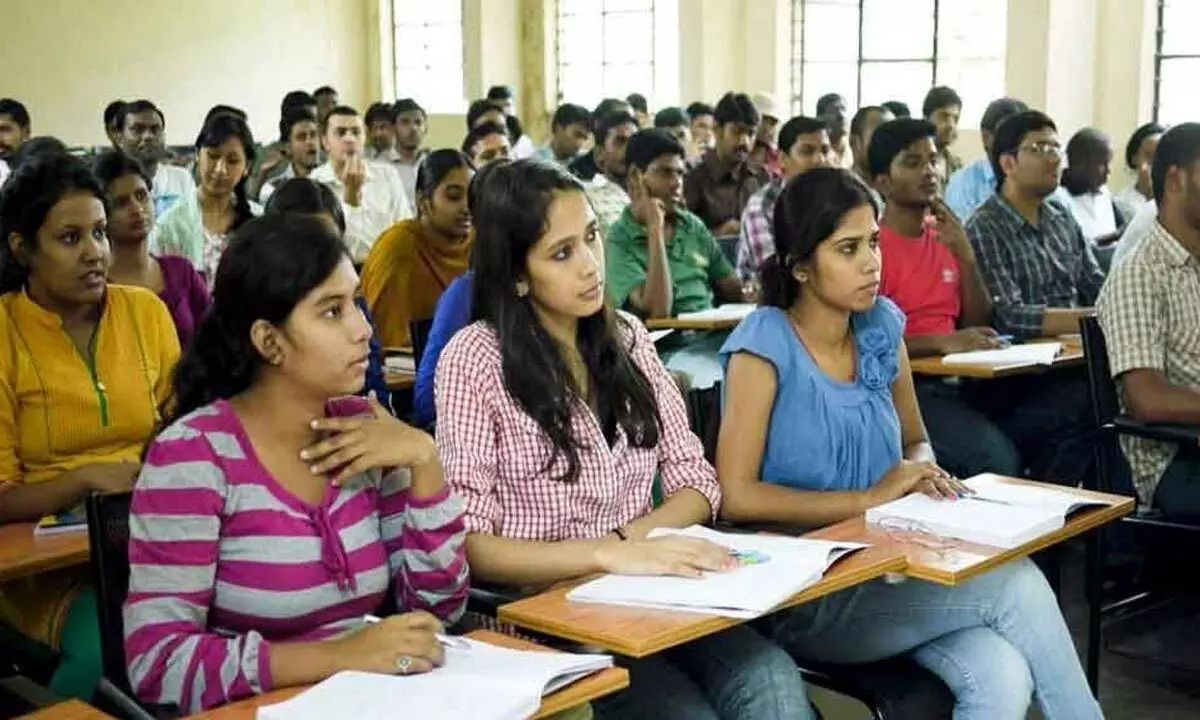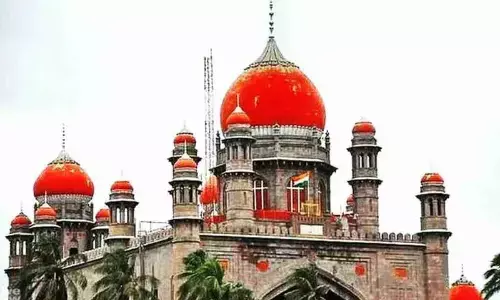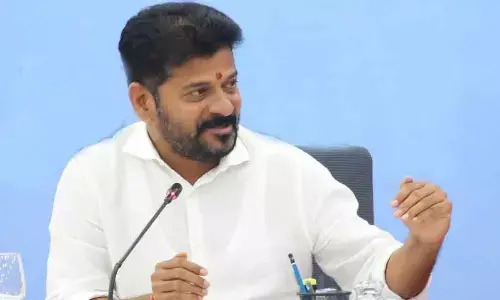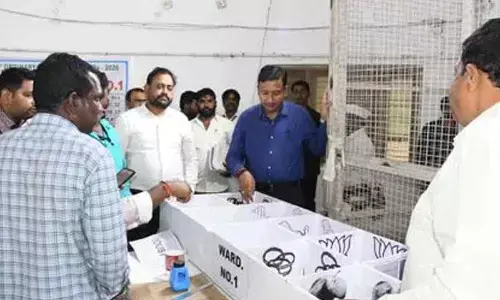Will the new TGEC deliver on govt's high hopes for quality standards?

- Will the AP’s education reforms model work for Telangana?
- Will the Telangana Education Commission be just another bureaucratic-driven body?
Hyderabad: Will theTelangana Education Commission(TGEC) deliver the high hopes that the state government reposed in it to bring the much-needed reforms in the state education sector? Or will it be just another ritualistic institution? Is the brand-new TGEC an old wine in a new bottle? Should the state government facing financial constraints invest in reinventing the wheel when there is an existing National Education Policy-2020 (2020)?
Experts in the education sector, both from Andhra Pradesh and Telangana states were unanimous on the need to bring radical reforms in the State education sector to make it more competitive and vibrant.
However, the last time that any significant reform brought dividends to the people was about 30 years ago when the then government in united Andhra Pradesh had decided to make Hyderabad the IT hub on par with Bengaluru, the IT capital of the country.
Speaking to The Hans India, a former Vice-Chancellor of Andhra University, Visakhapatnam, said, "It was a right decision taken at the right time. Encouragement given to the Information Technology sector has brought freshness into the technical education sector resulting in the job creation and income generation. Besides, it contributed to the State economy."
However, things have changed drastically. The education policies of both the Telugu states continue to grapple with coming out of the heavy impact of a change that took place three decades ago. At a time when things have changed drastically, even on the technology front with the emergence of Artificial Intelligence (AI), Machine Learning (ML), Data Sciences (DS) and Deep Learning (DL) stepping into multiple fields of day-to-day practical applications and impacting the lives of people. Further, the frontiers of social sciences, humanities, law, management and commerce, including arts education, have been increasingly coming closer to the science and technology and unleashing the multidisciplinary as the order of the day.
Against this backdrop, a senior official of the Andhra Pradesh State Higher Education Council pointed out that the notion that Andhra Pradesh had brought several reforms that were more are less limited, revolving around English medium education by implementing the Central Board of Secondary Education (CBSE) syllabus. The popular perception created with it was scores of school children studying in the government schools speaking reasonably flawless British or US English accents. Earlier, the state government had drawn a grand plan to introduce International Baccalaureate (IB) education to internationalise the state education sector. However, the National Achievement Survey-2021 (NAS-2021) paints a different picture.
It says that data relating to Nellore, Kadapa and Chittoor out of the 13 erstwhile combined districts of the neighbouring Telugu state is unavailable. The correlation between the two parameters of the NAS-2021: "Students use the same language at home as the medium of instruction in the class" and "Students could understand what teachers teach in the class," shows that more than 70 per cent of students in the remaining 10 districts of that state understand what is taught in the classrooms in Telugu and not in English.
Only in the Visakhapatnam district, 69 per cent of the students from the schools who participated voted for Telugu medium learning and understanding in the classrooms. While this was the status of the English medium education, questions were also raised over the tangible results those reforms had brought to the students in their career advancements and dividends to that state's economy.
The situation in Telangana also has not witnessed any drastic changes in the education sector as the state continues reeling under negative markings in the NAS assessments about primary to higher secondary education. This is in addition to the increasing dropout rates.
In higher education, a majority of the state universities have not figured in the national assessment rankings or slipped into lower rankings from their earlier national rankings. Also, colleges in existence for the past 10 to 30 years or even more from Telangana have not figured in the national rankings.
Against the backdrop, what the newly planned Education Commission in Telangana will deliver remains a curious talking point in academic circles. Further, will the existing Telangana State Council of Higher Education (TGCHE) be winded up remains a million-dollar question.
Further, given the past 10 years of experience, the question raised in academic circles is whether the new education commission be just another bureaucrat-driven body?
According to the sources in Osmania University and Kakatiya University, the top two state universities in Telangana, "The state government has not called for any suggestions on the formation of a State Education Commission. It has also not placed in the public domain inviting views from the stakeholders."







